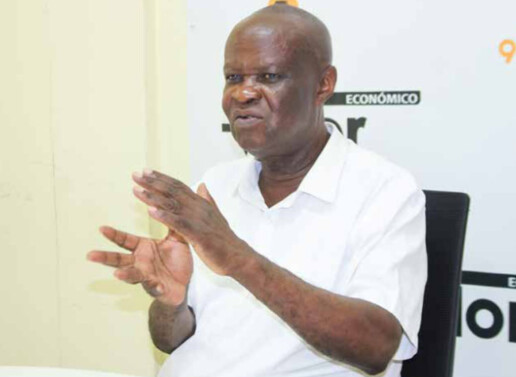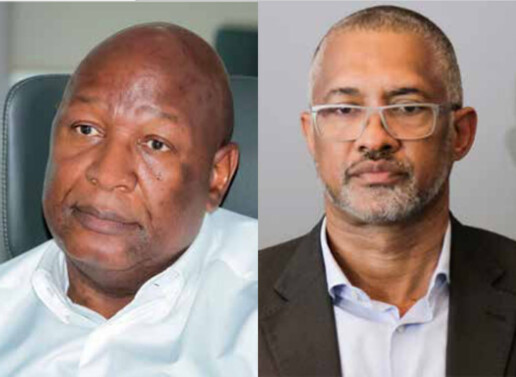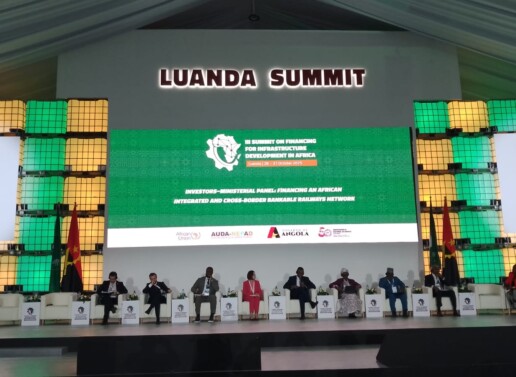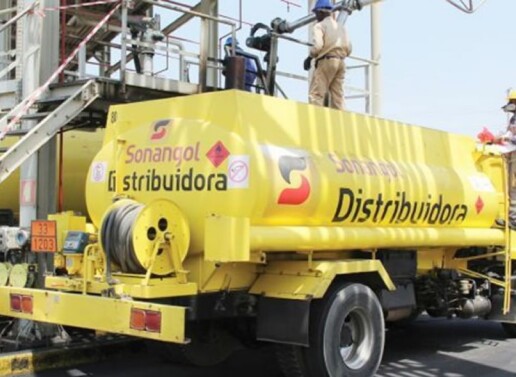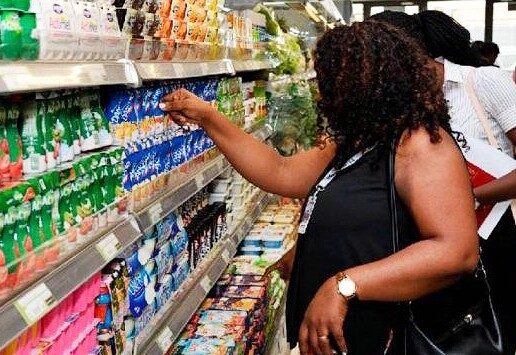The presidents of the parliaments of Portugal and Cape Verde expressed concern today over instances of instability in Portuguese-speaking countries, emphasizing that their respective assemblies can play a crucial role in finding solutions.
“There have been signs of unrest in some CPLP countries, and what we aim to do, without interfering in internal politics, is to ensure that issues sparking ‘different views within societies’ are resolved preferably in parliaments rather than on the streets,” stated José Pedro Aguiar-Branco, president of Portugal’s Assembly of the Republic.
Without naming specific countries, Aguiar-Branco made his remarks in one of the rooms of Cape Verde’s National Assembly building in Praia, the capital, during a meeting with his counterpart Austelino Correia at the start of a three-day official visit.
The CPLP Parliamentary Assembly is scheduled for 2025, and Aguiar-Branco called for a strengthening of the role of parliaments as forums for debate.
The goal is to “enhance the reliability of parliaments so that issues needing discussion can be freely debated and the best solutions found.”
“That’s what drives us within the CPLP to aim for a stronger focus next year, so that countries experiencing difficulties can find additional support in resolving their issues through their respective parliaments,” he added.
“We hope that the CPLP parliamentary assembly next year will foster this sentiment and make it a strong reality,” Aguiar-Branco said.
Austelino Correia agreed with his Portuguese counterpart and reiterated earlier expressions of “concern” about the situation within the CPLP.
“We are ready and willing to contribute, within the framework of parliamentary diplomacy, to ensure that issues are resolved institutionally and in the best possible way,” he said.
Looking at an “unpredictable world,” he added that parliaments like those of Portugal and Cape Verde must “be at the forefront in protecting and consolidating democracy, the rule of law, freedoms, and human dignity.”
Currently, Mozambique faces the most significant wave of instability within the CPLP.
Since October 21, the country has experienced continuous strikes and protests led by presidential candidate Venâncio Mondlane, who contests the results of the October 9 general elections that declared the victory of the Mozambique Liberation Front (Frelimo), in power since 1975.
As of today, at least 103 people have died in post-election protests, according to an update from the NGO Electoral Platform Decide.
Guinea-Bissau is also grappling with a political crisis following President Umaro Sissoco Embaló’s dissolution of parliament in December 2023, contrary to constitutional provisions requiring a six-month interval after legislative elections. He subsequently formed a government of presidential initiative.
Embalo postponed early legislative elections initially scheduled for November 24 and has yet to announce a new date. The opposition is demanding the scheduling of presidential elections, as the current president’s term ends in February 2025. However, Embaló argues that his term ends in September due to a judicial decision on an electoral dispute, setting the election timeline for November 2025.
Lusa, 12/09/2024

